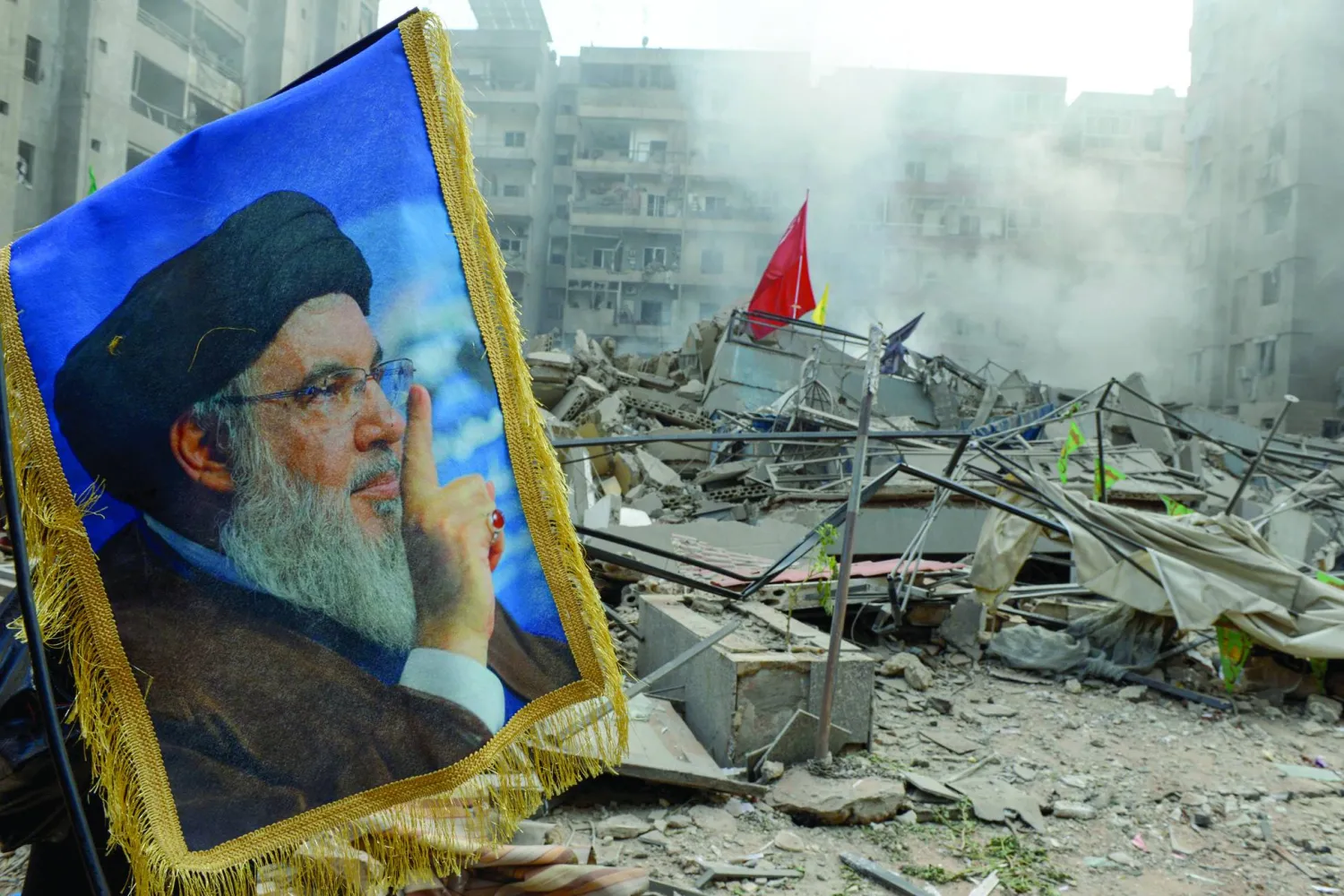Iran is arming militants in Syria for a new phase of lethal attacks against US troops in the country, while also working with Russia on a broader strategy to drive Americans from the region, intelligence officials and leaked classified documents say.
Iran and its allies are building and training forces to use more powerful armor-piercing roadside bombs intended specifically to target US military vehicles and kill US personnel, according to classified intelligence reports obtained by The Washington Post. Such attacks would constitute an escalation of Iran’s long-running campaign of using proxy militias to launch rocket and drone strikes on US forces in Syria.
Drone attacks have wounded six US service members and killed a Defense Department contractor, and the new explosive devices could add to the toll of US casualties, risking a wider military confrontation with Iran, current and former intelligence analysts and weapons experts say. The same type of weapon, called an explosively formed penetrator, or EFP, was used by pro-Iranian insurgents in lethal attacks against American military convoys during the US occupation of Iraq.
Officials with Iran’s elite Quds Force unit directed and oversaw testing of one of the explosives, which reportedly sliced through a tank’s armored plating in a trial run conducted in late January in Dumayr, east of Damascus, the Syrian capital, according to one of the intelligence reports. The document, part of the trove of classified materials leaked on the messaging platform Discord, appears to be based on intercepted communications by Syrian and Lebanese militants allied to Iran. One apparent attempt to use such devices against US forces was apparently thwarted in late February when three bombs were seized by US-allied Kurdish fighters in northeastern Syria, a second document states.
“There has been a sea change in their risk-acceptance in killing Americans in Syria,” said Michael Knights, an expert on Iranian-backed militia groups and a founder of the website Militia Spotlight. Noting the devastating toll exacted by EFP bombs during the Iraq War, he added: “This will definitely kill people. And they’re thinking very hard about how to do it.”
Another document in the trove describes a new and broader effort by Moscow, Damascus and Tehran to oust the United States from Syria, a long-sought goal that could allow Syrian President Bashar al-Assad to reclaim eastern provinces now controlled by US-backed Kurdish forces. The past three US administrations have maintained a small contingent of US troops in Syria — about 900 at any given time, augmented by hundreds more contractors — to prevent a resurgence by ISIS militants in the country, thwart Iranian and Russian ambitions, and provide leverage for other strategic objectives.









